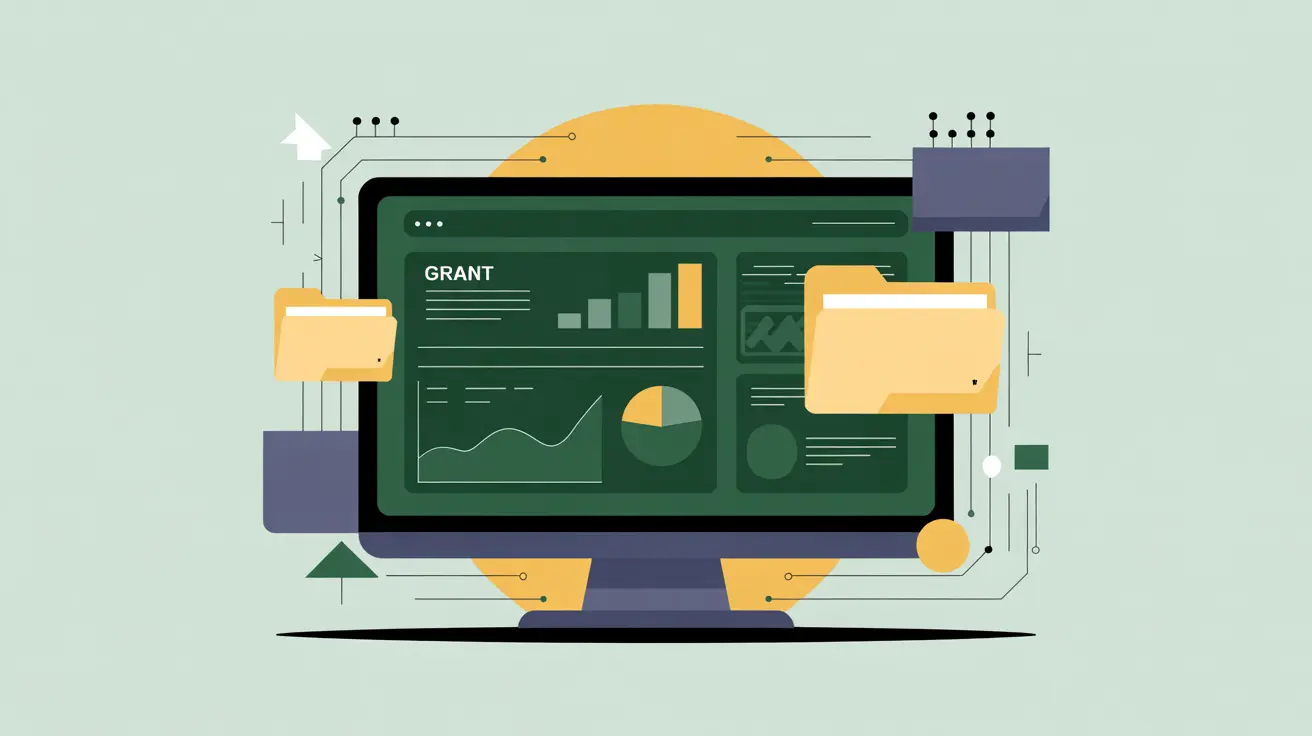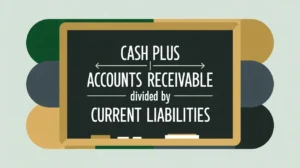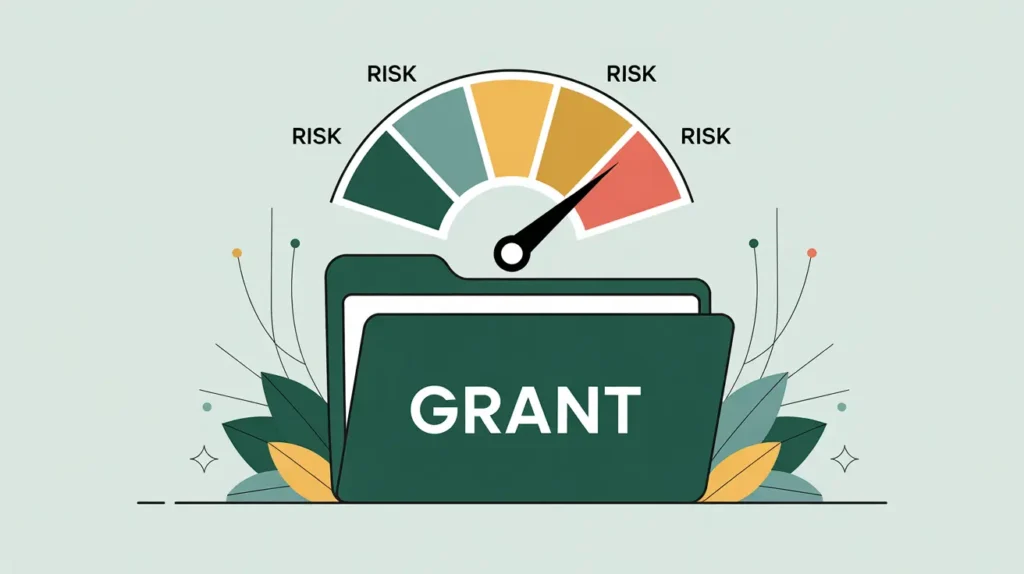Importance of Grant Management System (GMS)
A grant management system (GMS) centralizes the processes of applying for, managing, and reporting on grants. This matters because nonprofits often juggle multiple funding sources with different requirements, and without a system, they risk inefficiency, errors, and compliance failures. For nonprofits in social innovation and international development, a GMS provides the structure needed to manage complex, multi-donor portfolios across countries and partners. Boards and leadership value GMS adoption because it improves oversight, accountability, and long-term sustainability.
Definition and Features
A grant management system (GMS) is defined as a software platform or structured process that tracks the full lifecycle of grants, from application through closeout. Key features include:
- Application Tracking: pipeline management and proposal submissions.
- Budgeting & Financials: integration with accounting systems to track expenditures.
- Compliance Monitoring: donor-specific rules, deadlines, and conditions.
- Reporting: automated generation of financial and programmatic reports.
- Audit Trail: centralized documentation for verification and audits.
A GMS differs from general project management tools because it is tailored to donor compliance and grant-specific financial reporting.
How This Works in Practice
In practice, nonprofits implement GMS software to coordinate grant activities across teams. For example, a humanitarian NGO may use a GMS to manage 50 active grants, each with unique reporting formats and deadlines. Program staff update progress, finance teams input expenditures, and compliance officers monitor donor requirements through the system. Boards may receive dashboards generated by the GMS to review financial health and grant pipeline performance.
Implications for Social Innovation
For nonprofits in social innovation and international development, a GMS enhances efficiency, accountability, and scalability. Transparent tracking reduces information asymmetry by consolidating data across donors and projects into a single source of truth. Donors value organizations that can provide accurate, timely, and consistent reports, while nonprofits benefit from streamlined processes and reduced risk of noncompliance. By investing in grant management systems, organizations strengthen their ability to secure, manage, and sustain funding for systemic change.







